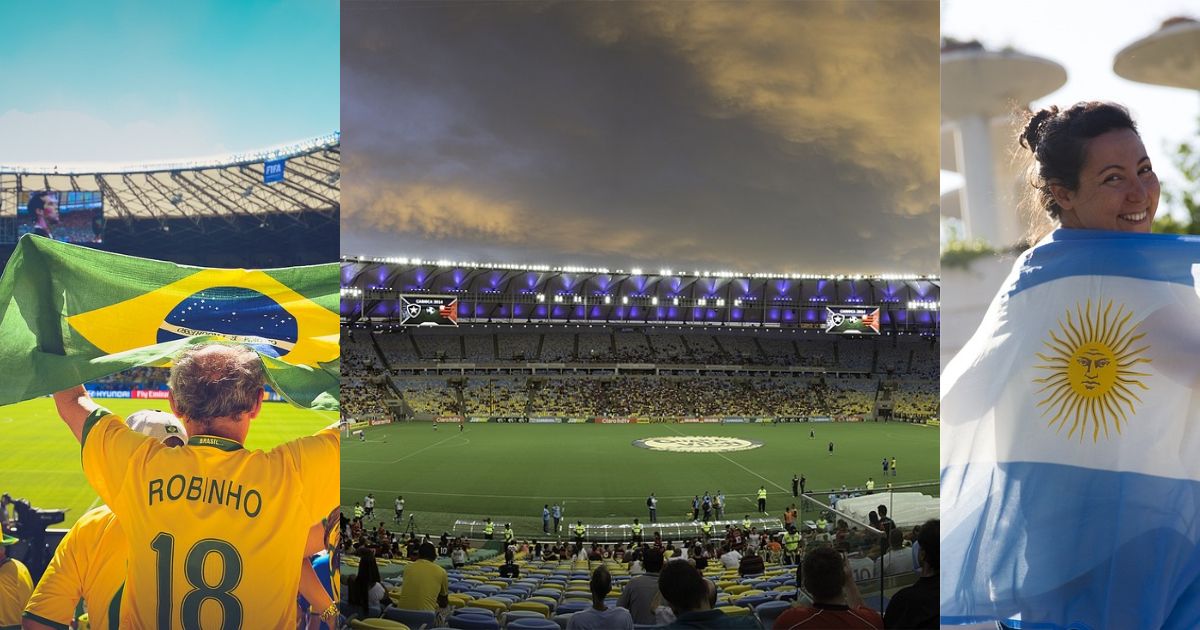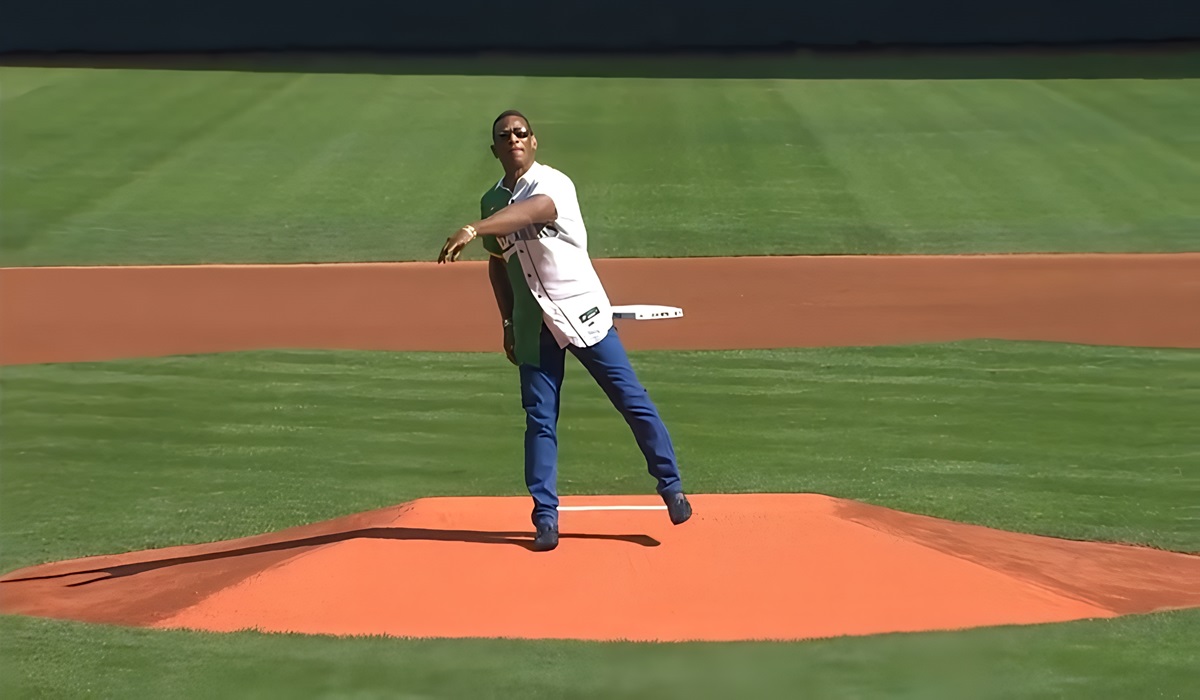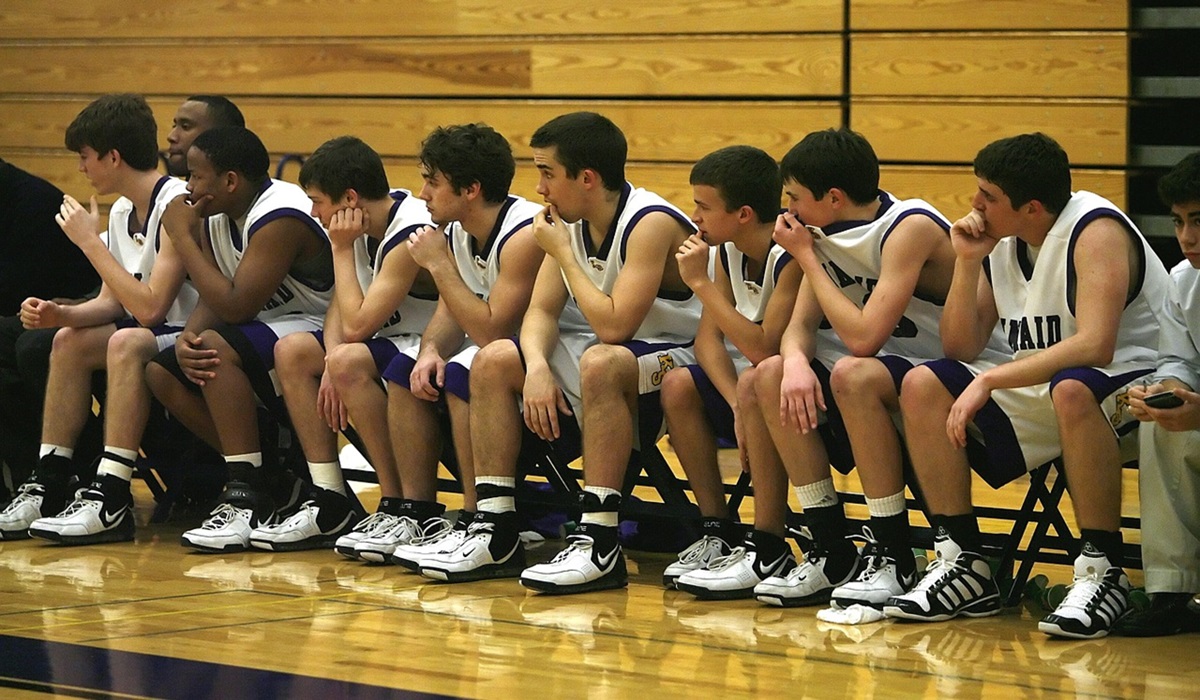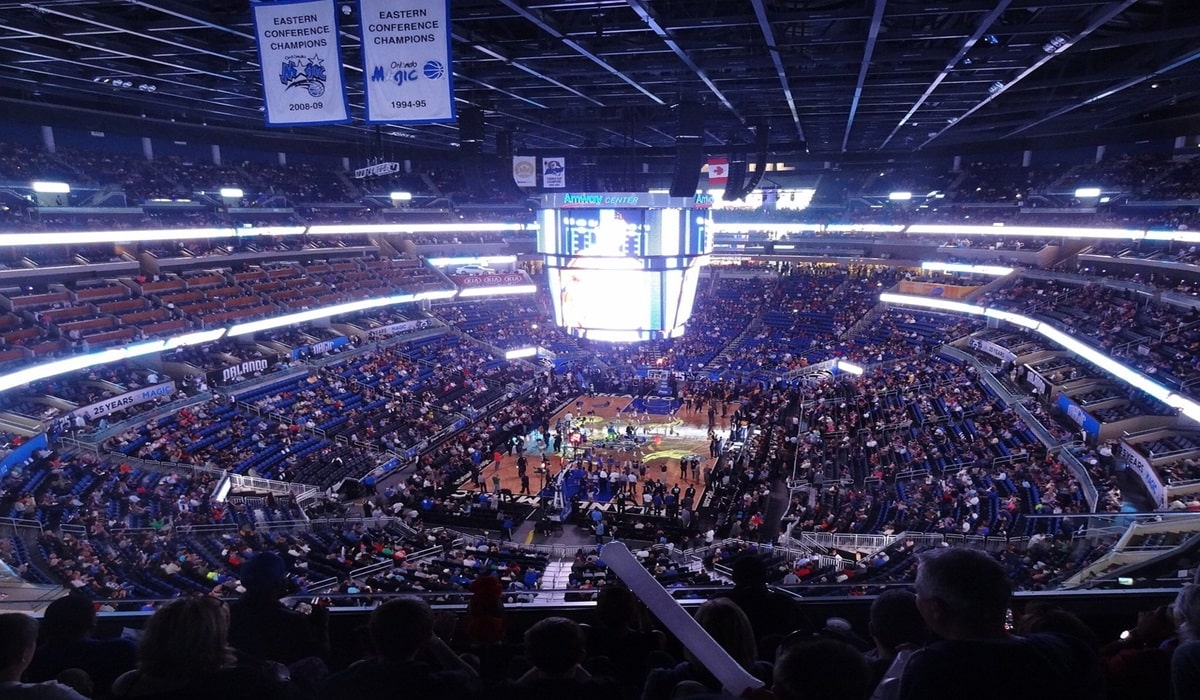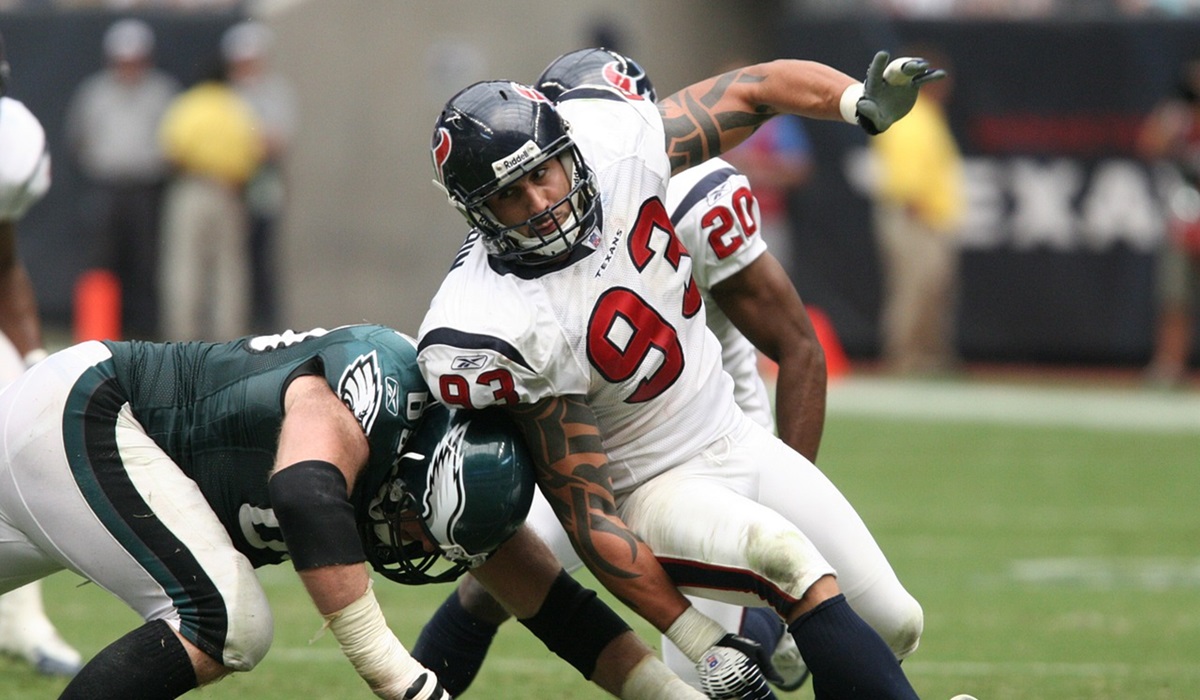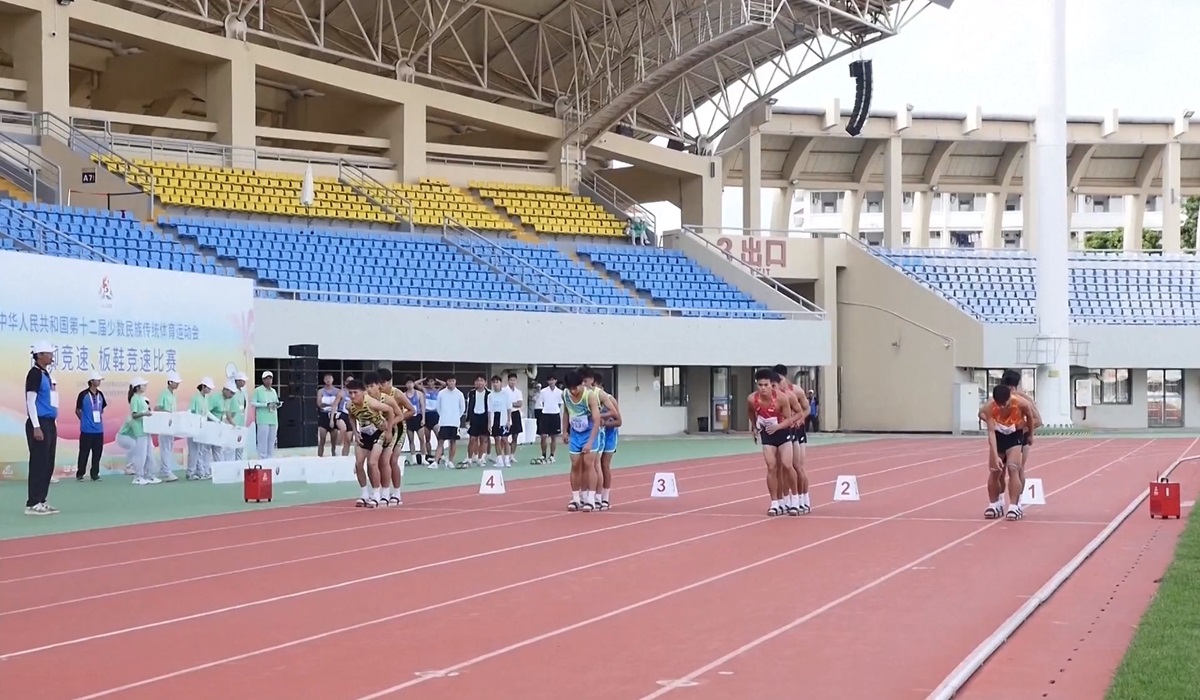“But blood and tears must cease to flow on and around Maracana. If we must have tears, it must be those of defeat or joy, not tears from crowd violence and Police batons. Football is a beautiful game, not a bloody one.”
November 21’s FIFA World Cup 2026 soccer qualifying match between host Brazil and Argentina at Maracana Stadium in Rio de Janeiro left sorrow, tears, and blood on the stands. Trouble among rival fans broke out in the stands. Moments after, the Police swarmed the site of violence with ferocious batons in tow. Some Argentine players, particularly Emi Martinez, tried to intervene, even becoming animated and aggressive. But those tiny actions were all in vain. Argentine layers exited the pitch in unison, but they would return afterward. When it was all over at the stands, many fans, mainly from the visiting country, had their bodies soaked in needless blood, injuries, and pain.
But this is not the first time the iconic Maracana stadium erupted in supernovae violence over a social yet high-stakes encounter. There must be something troubling about pulsating soccer games played at the famous stadium, which is fast becoming the maddening Maracana. More on that later.
Sadly, Brazilian and Argentine fans are not new to brawls among themselves. “The repression of Argentinians once again in Brazil. This can’t be tolerated, it’s insane, and it needs to end now,” Lionel Messi, current world footballer of the year and captain of the Argentina national team, said in an Instagram message after a victory tainted by blood, destructive emotions, and sorrow both on and off the pitch.
That embarrassing meeting had blood written all over it, figuratively and in substance. Brazil enjoyed better ball possession, logging in 51% to Argentina’s 49%. However, the Samba Boys needed to utilize the slim advantage effectively. Brazil’s Joelinton Cassio was red-carded in the 81st minute of the game, leaving the host country playing with ten men. Three yellow cards were issued in the first half, all going to Brazilian players. Brazil also had a higher share of the 42 registered fouls, having made 26, while Argentina committed 16.
In sum, ten substitutions were made by both teams. Still, just a single goal in the 63rd minute by Argentina’s Nicolas Otamendi made the singular difference in an encounter between some of the most deliciously talented players the game has ever seen. The delayed kickoff impacted the match negatively. Brazil’s home loss disappointed home fans since the team displayed more verve in attack, and bookmakers favored the home team to triumph over the 3-time world champions. But the overall character of the game was even more saddening for soccer fans and everyone else who witnessed such an appalling display from fans, players, and the Police. The Brazilian Police must invent newer and more civil methods for crowd violence. Brute force shouldn’t always be the first and only option in the bag when fans fight or when fans from Brazil and Argentina meet. But is there something in the Maracana sphere that pulls it towards tragedy for the Brazilian national team?
Maracana fails Brazil when it matters most. The arena is not without its history of glory and gore. It has seen just about the same historic triumphs as blood and tragedy around the ground. The 1950 World Cup final was played between Brazil and Uruguay at Maracana Stadium on July 16, 1950. More than 200,000 fans jammed the stands, most cheering the home country. But it was Uruguay that won the game by 2-1.
Many people wept bitterly for a country steeped in soccer and its wild traditions, seeing the loss as a national tragedy. Construction workers had died before the stadium’s opening for the 1950 World Cup final. And that regrettable occurrence is often forgotten by many.
Brazil’s recent loss to Argentina was a disaster that spilled blood and tears in a chaotic atmosphere. It was the first loss at home in a World Cup qualifying game. And what ominous venue than Maracana Stadium, with its halo of superiority often hovering over the Selecao! But Blood and tears must cease to flow on and around Maracana. If we must have tears, it must be those of defeat or joy, not tears from crowd violence and Police batons. Football is a beautiful game, not a bloody one.
Canada, Mexico, and the United States of America will jointly host the 2026 FIFA World Cup. Brazil and Argentina have a lot of redemption to do on and off the pitch as they eye qualifications. Both countries must also redeem the glorious image of Maracana Stadium when they lock horns at the venue again during future games. Otherwise, the place may remain a maddening Maracana for both countries.

